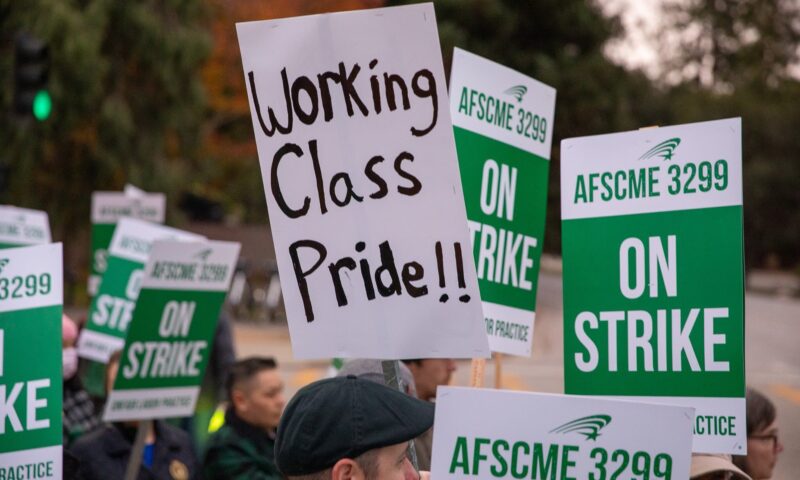
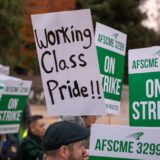
The UC system says it is offering healthy raises for nearly 40,000 staffers, but workers say the system is playing a shell game by also raising their health care premiums.
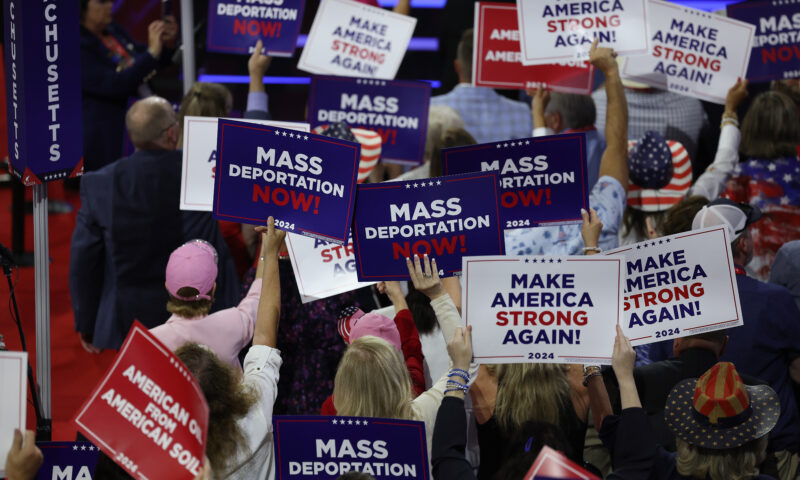

Mythology aside, nearly 2 million undocumented immigrants are the backbone of some industries, and pay billions in taxes for services they will never receive.
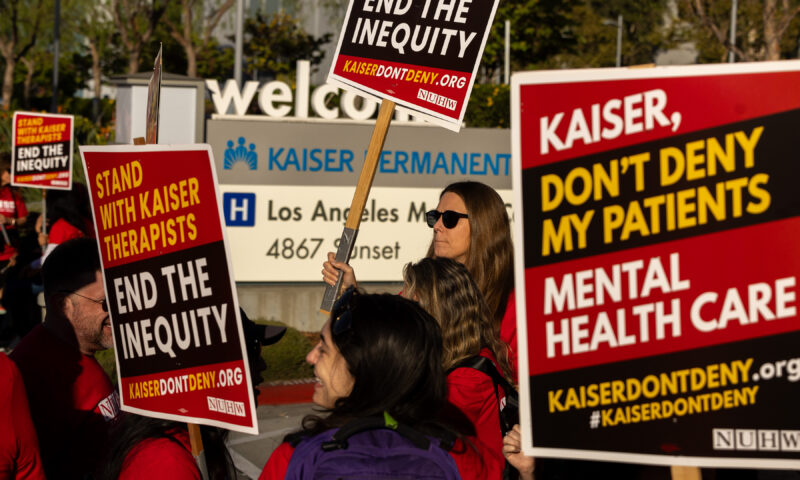

The health care provider canceled patient appointments during a 2022 strike. State regulators say they are making sure the company does not break the law during the current strike in Southern California.
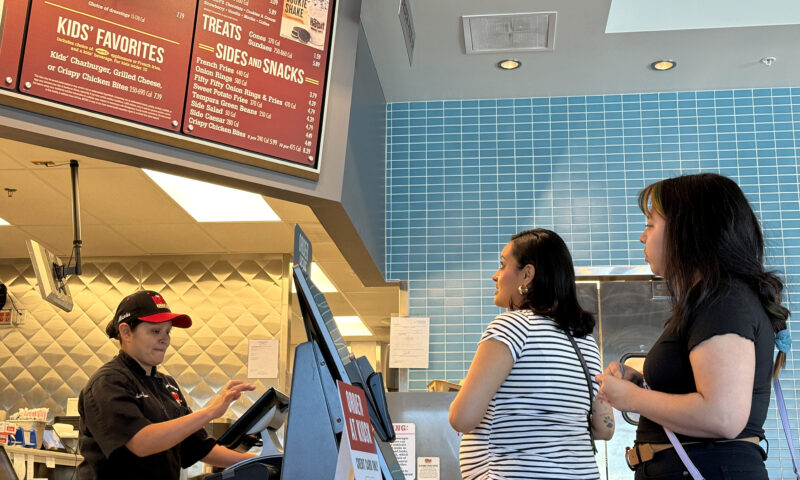
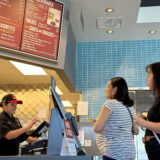
Ahead of a ballot measure to add $2 to the hourly minimum wage, studies show fast food jobs increased after the state bumped hourly pay to $20 in that sector.


Prop. 36 creates stiffer penalties for some theft and drug crimes and has overwhelming support, but big retailers do not cite theft as a leading threat, and property crime is the lowest in 50 years.
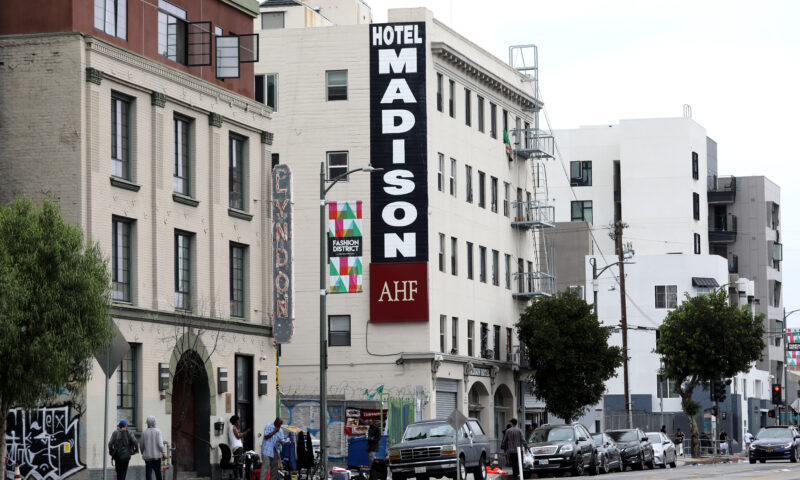

Following the money reveals the gaming of the state’s initiative process.


Faculty, students, labor groups and the American Civil Liberties Union say the harder line on demonstrations may be discriminatory.
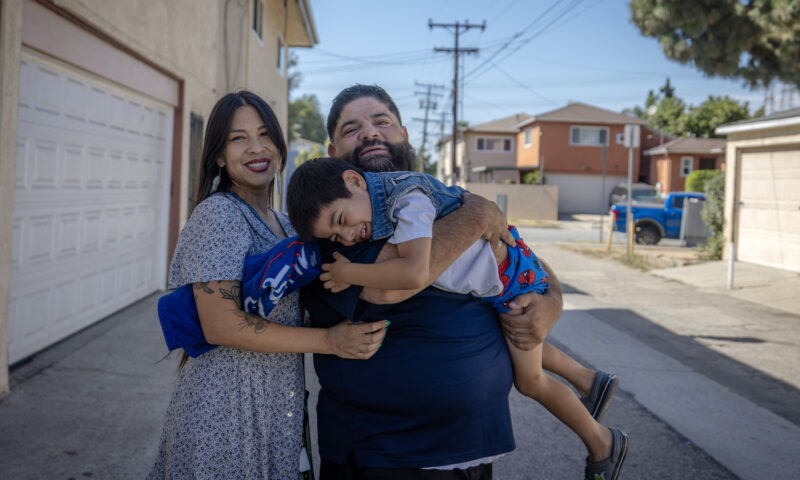

A national nonprofit uses financial and life coaching to teach low-income parents how to move up to living wages and beyond.
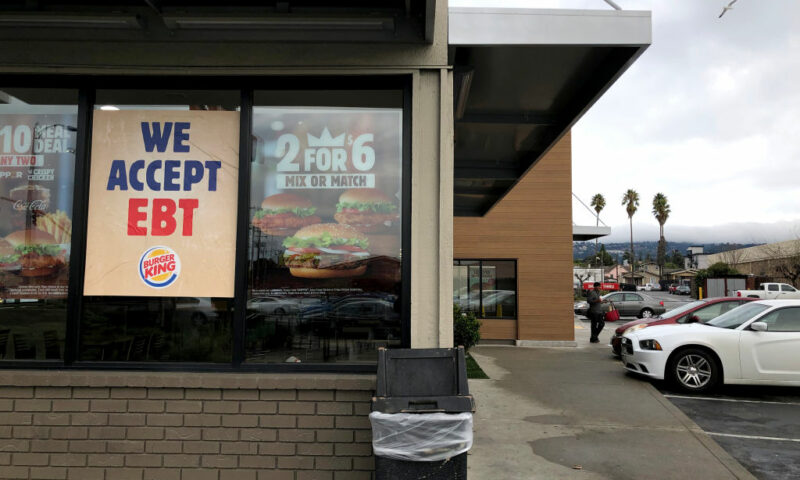
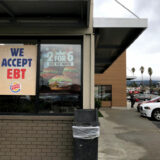
Researchers say new data shows need to pull back tax breaks for the wealthy to spend on aid.
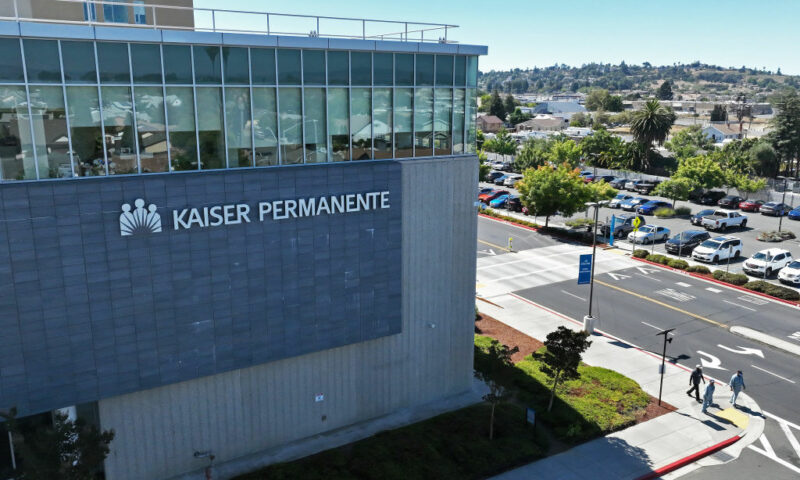

Kaiser and regulators are two months away from their deadline for a required action plan to overhaul mental health treatment at the state’s largest health care provider.
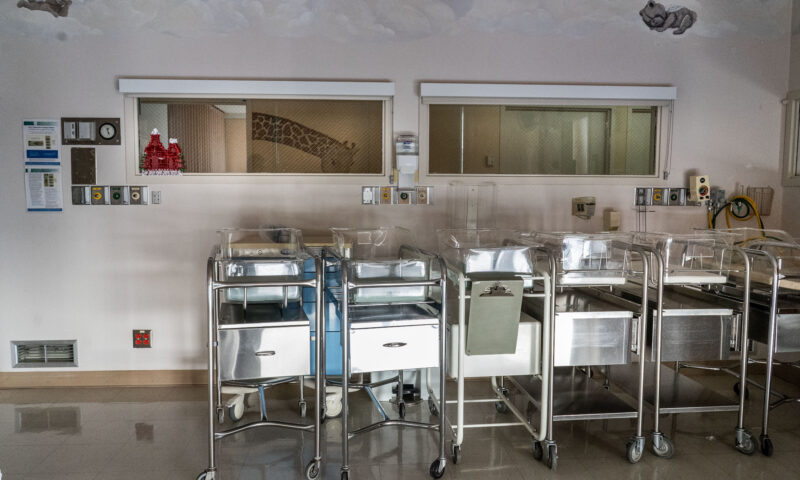

Six in 10 in the region said they skipped or stalled medical care due to cost, and it is not much better statewide.
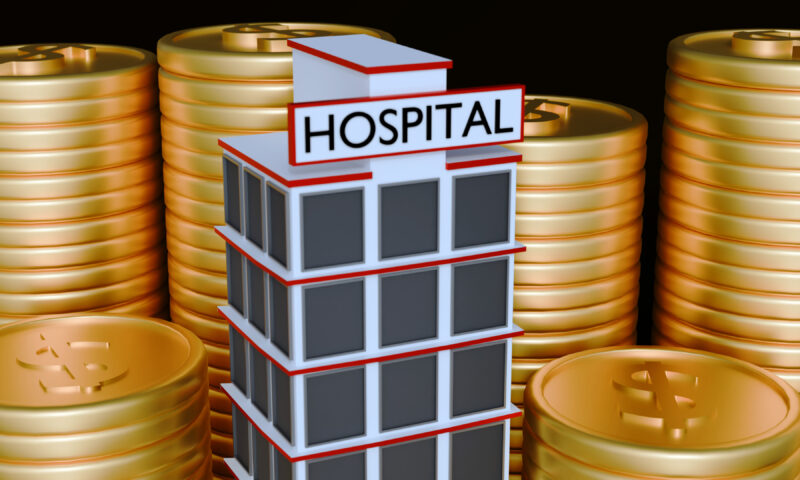

Amendments weaken a bill to give the state attorney general more power to stop takeovers that raise costs and cut care.
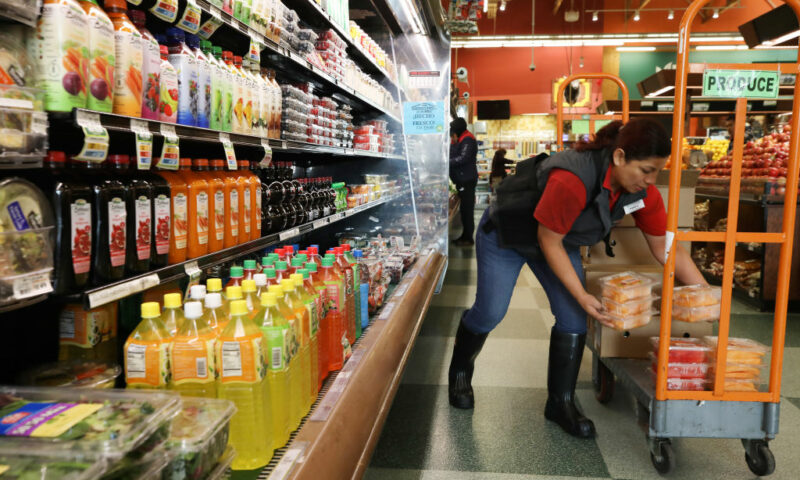

Low-wage industries are forecast to lead job growth, and the share of workers 55 and older has doubled.
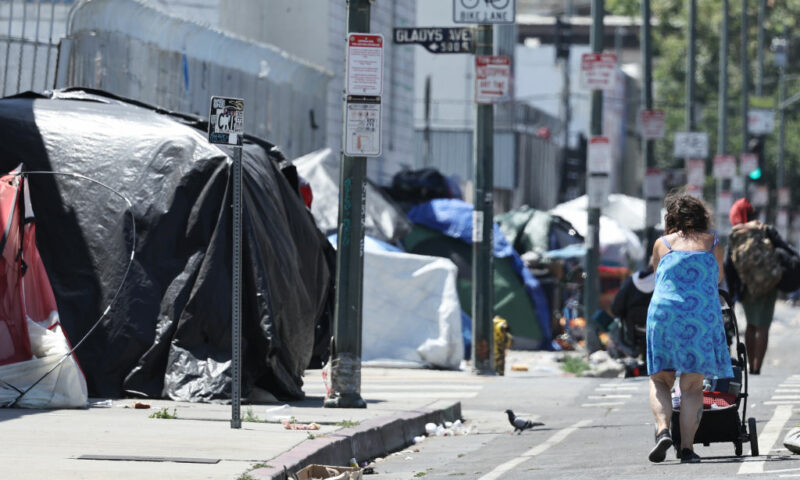

Small, less-expensive readymade homes could buy time as the state continues to struggle with homelessness and high building costs.


A new study finds 1.6 million undocumented workers created 1.25 million jobs and produced 5% of the state’s GDP.
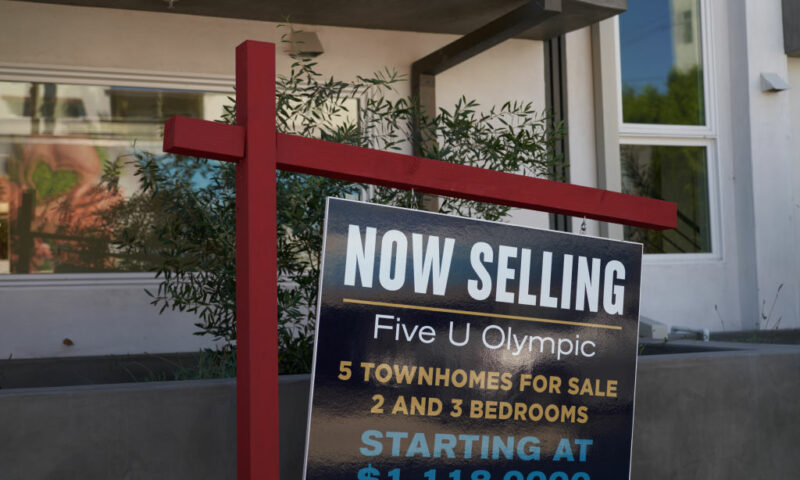

Multiple efforts to boost housing construction are meant to bring home ownership back within reach. Meanwhile, workers can’t keep up.
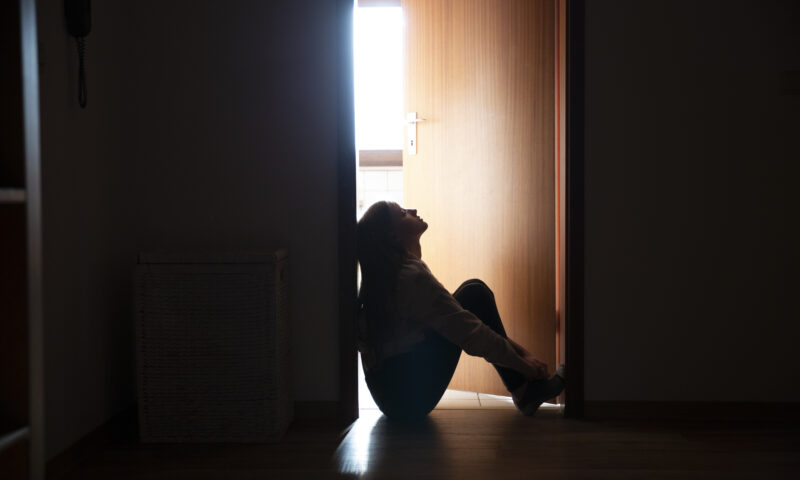

A Senate bill would immediately send urgent cases denied services to an independent review.


With the end of direct cash payments, poverty levels are moving up.
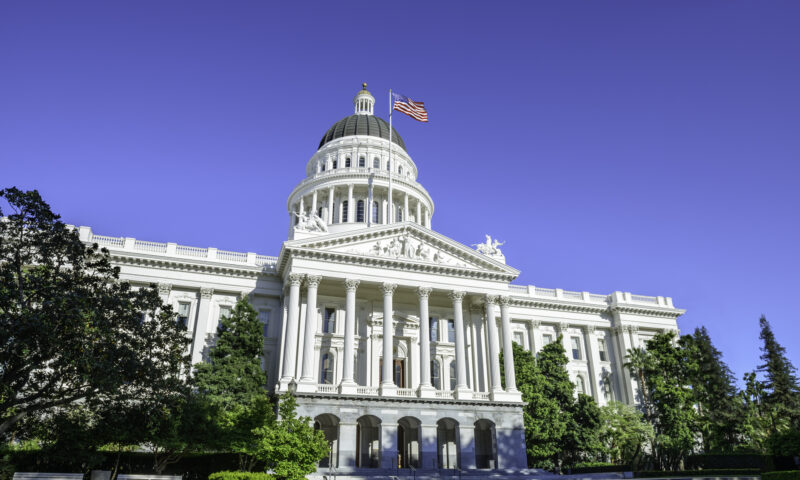

Some key state programs will be maintained, but those without legal status remain ineligible for other anti-poverty programs.
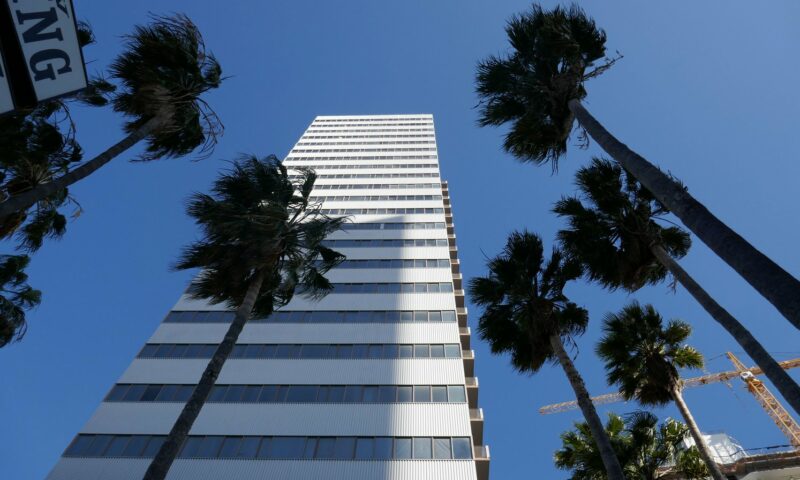

Rent-controlled Barrington Plaza tenants, many of whom moved to more expensive apartments, are weighing a lawsuit.